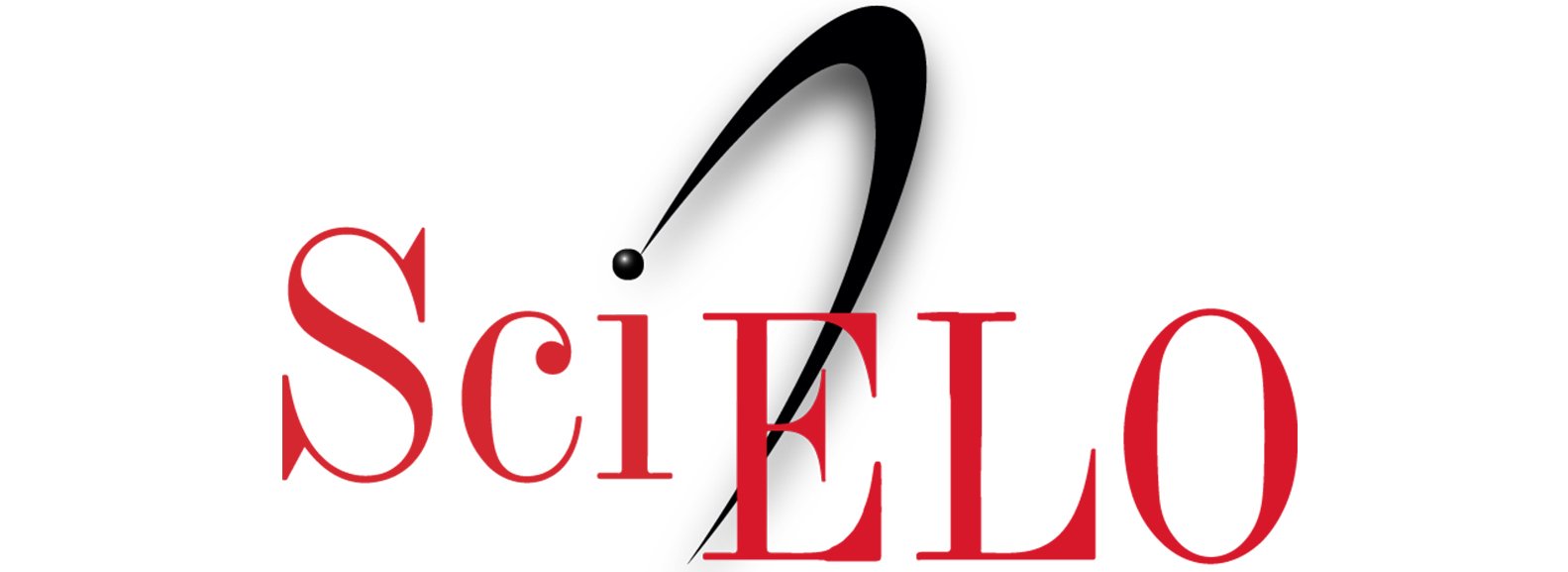EDITORIAL
REVISTA DE LA FACULTAD DE MEDICINA HUMANA 2021 - Universidad Ricardo Palma10.25176/RFMH.v22i1.4390
Lifestyle Medicine: The Time is Now
Medicina del Estilo de Vida: El Momento es Ahora
Beth Frates1,a,b, David Katz2,c
1Harvard Medical School
aLifestyle Medicine Specialist
bHealth and Wellness Coach
2Fundador y Director de Yale University's Yale-Griffin Prevention Research
cPast President of the American College of Lifestyle Medicine
The time for lifestyle medicine is now. We need lifestyle medicine to help manage the ongoing outbreaks of lifestyle related chronic conditions like diabetes, obesity, dementia, and heart disease that continue to plague our world today, and we need lifestyle medicine to help handle the worldwide pandemic created by COVID-19. Mozafarrian and colleagues noted that among the 900,000 coronavirus disease hospitalizations in 2019 through November 18, 2020, 63.5% of them were estimated to be attributed to four cardiometabolic conditions: obesity, hypertension, diabetes, and heart failure. (1) All of these are lifestyle related conditions. Research indicates that the six pillars of lifestyle medicine: a healthful eating pattern (2), routine exercise (3), sound sleep (4), stress reduction (5), social connection (6), and avoiding risky substances (7) will help people improve their health status during this pandemic and beyond.
The American College of Lifestyle Medicine defines lifestyle medicine as “the use of evidence-based lifestyle therapeutic intervention—including a whole-food, plant-predominant eating pattern, regular physical activity, restorative sleep, stress management, avoidance of risky substances, and positive social connection—as a primary modality, delivered by clinicians trained and certified in this specialty, to prevent, treat, and often reverse chronic disease.” (8) The main difference between lifestyle medicine and traditional medicine is that lifestyle medicine relies on the six pillars of exercise, nutrition, sleep, stress resilience, social connection and avoidance of risky substances as primary therapeutic agents. Many practitioners who practice lifestyle medicine also practice traditional medicine. They prescribe medications, perform procedures and recommend operations to help patients manage acute conditions and life-threatening situations. For chronic conditions like heart disease, diabetes, over-weight and obesity, the six pillars of lifestyle medicine are the keys to sustainable change and long-term management of these conditions. The coach approach and motivational interviewing are the counseling techniques that encourage collaboration with the patients. With lifestyle medicine, practitioners create therapeutic relationships that foster self-reflection and lead to deeper understanding, personal growth and an enhanced sense of wellbeing. Lifestyle medicine provides the tools and strategies to empower people to adopt and sustain healthy lifestyles.
Lifestyle medicine is critical for leaders, and we need healthy leaders now. As Ralph Waldo Emerson said, “The first wealth is health.” It is not possible to successfully lead when one is sick and in the hospital. In addition, to be a leader one needs
to think quickly, stay calm under pressure, be creative, collaborate effectively and negotiate with others. Exercise has been shown to increase creativity and lower stress levels. A whole food plant predominant eating pattern has many
benefits to the body and mind such as allowing one to feel satiated throughout the day and avoid blood glucose spikes, which can negatively impact mood and thinking. Cultivating high quality connections is a key pillar in lifestyle medicine
that is essential now more than ever for us to avoid loneliness, to enjoy mutually beneficial relationships, and to forge partnerships that will help individuals, communities and countries reach higher ground together.
There are a number of ways in which lifestyle medicine is, or should be, in the vanguard of leadership efforts pertaining to the health of people, and planet alike. First, lifestyle is the only medicine suitable for universal uptake,
and thus- an invitation to “leadership by example” (9). Leaders who adopt the expansive benefits of healthy living are also representing those benefits to those around, with a substantial opportunity to “pay them
forward.” Establishing a higher standard, adhering to it, and extending a hand to help others achieve it as well- is the essential nature of leadership.
There is a need for leadership as well in democratizing expert knowledge to advance the human condition. Evidence has been accessible for decades defining the means to eliminate 80% or more of chronic disease and premature death
by means of lifestyle practices (10). Leaders across diverse fields in biomedicine and public health should be, and are (11) banding together to amplify this signal to the public at
large so that it may be audible above the diversions of noise and nonsense that so often roil popular culture.
Finally, and perhaps most critically, lifestyle is the one domain in medicine with contributions to make to the burgeoning field of planetary health (12). Lifestyle Medicine is charged to lead in addressing
behaviors that impact the sustainable health of people and planet where they converge (13). In addition, leaders across many disciplines are obligated to advocate, with ever greater urgency, for changes in behaviors and the cultural currents that shake them, to honor and advance the confluence
of years in life, life in years, planetary vitality, and the accessibility of these to future generations.
Lifestyle medicine is rooted in research, safe for all, affordable, accessible, and reliable. It is the type of medicine you can share with your neighbors, family and friends. It is also more enjoyable when practiced with others.
Most people on the planet can benefit from lifestyle medicine prescriptions. People may require different doses or types of exercise, vegetables, and stress resilience strategies, for example, depending on their medical conditions and
current health status. Anyone in a leadership position needs lifestyle medicine to perform optimally. At this moment in history, it is lifestyle medicine that can help us connect globally and come together as human beings sharing this
planet.
Correspondence:Beth Frates
E-mail:bethfrates@gmail.com
References
